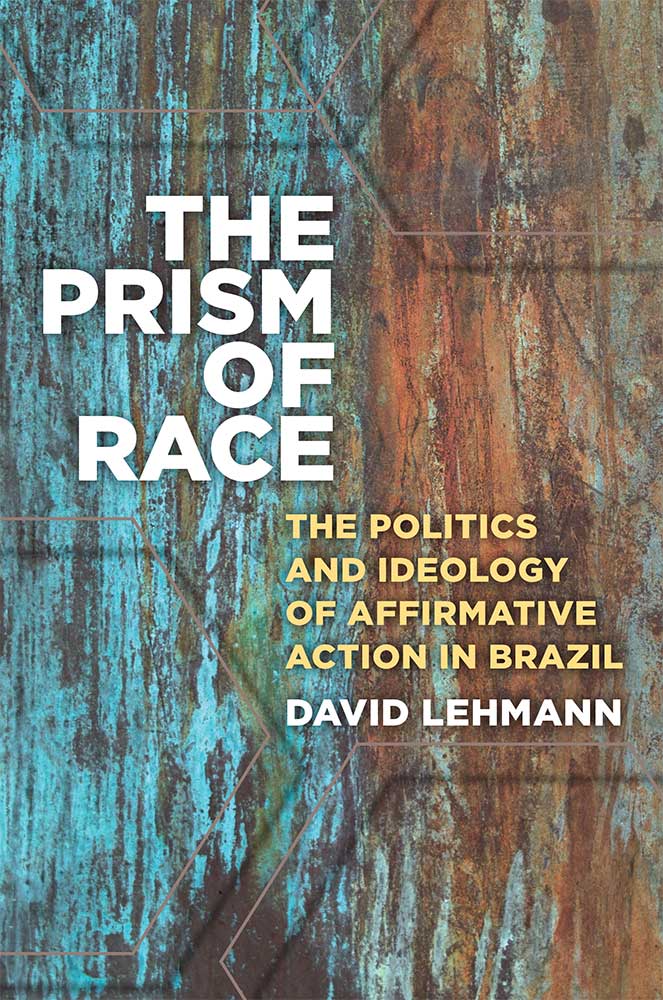Mulattoes Cannot Vote Under the “Grandfather Clause.”Posted in Articles, Law, Media Archive, Politics/Public Policy, United States on 2019-06-02 01:17Z by Steven |
Mulattoes Cannot Vote Under the “Grandfather Clause.”
The Progressive Farmer
Winston, North Carolina
Tuesday, 1902-09-30
page 5, column 4
Source: Chronicling America (ISSN 2475-2703), Library of Congress, Washington, D.C.
The Observer is in receipt of the following from a friend at Carthage:
“A question which is having some discussion here is: Can a mulatto whose father was a white man register under the ‘grandfather clause?’”
“Now it is a generally accepted fact that most mulattoes are such from the fact that their fathers and not their mothers were white. Would this general application be sufficient grounds for a general mulatto registration? If not, could a mulatto whose mother was a negro but whose father is unknown register according to law? Is the burden upon the applicant for registration to prove that his father was a white man and could vote prior to 1867?”
“Your subscribers would be pleased to have you give some editorial answers and explanations to the above questions. I am certain such would be of interest to many people throughout the State at this time and the independence of your paper renders it the logical medium through which such information can do the most good.”
Assuming that the mulatto was the illegitimate son of a white man (which must be assumed, as marriages between whites and blacks is and was unlawful) the mulatto could not vote, as the law does not recognize that an illegitimate has any father and unless the said mulatto is otherwise qualified he cannot get in under the “grandfather clause.”
As nearly all negroes were slaves prior to their emancipation the presumption is that the grandfather of any mulatto was disqualified from voting prior to 1868, and the burden rests upon him to show to the contrary before he shall be entitled to register or vote. —Charlotte Observer.




:focal(942x790:943x791)/https://public-media.si-cdn.com/filer/6b/51/6b510bda-3f1d-438e-806c-af38a51897aa/gettyimages-613497858.jpg)



